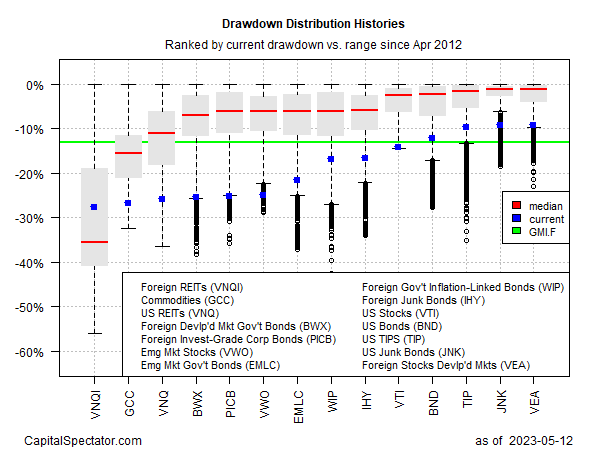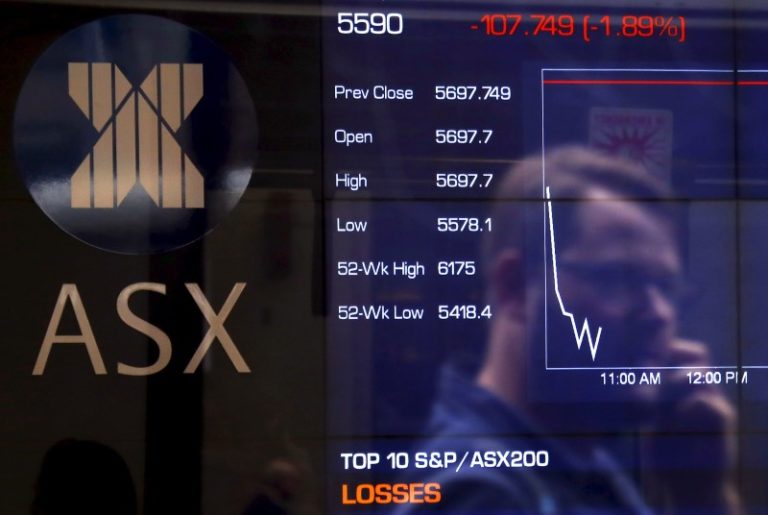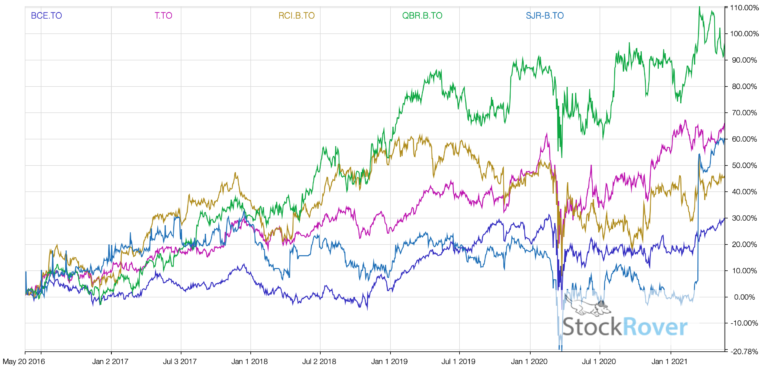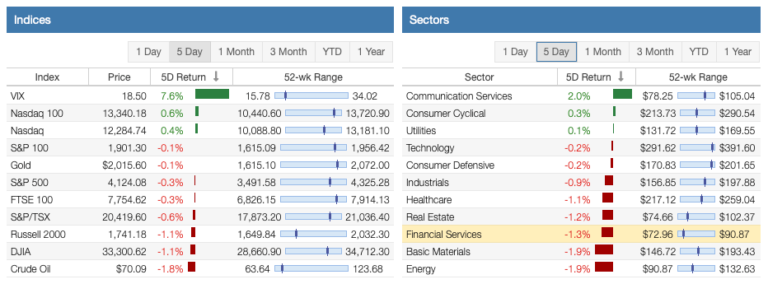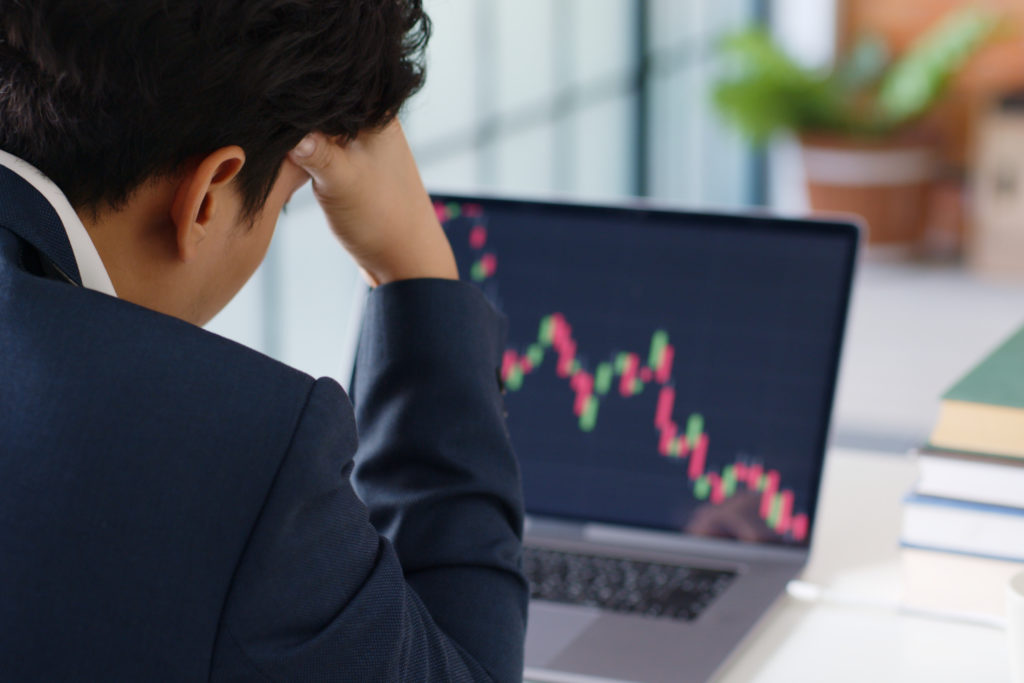
Nattakorn Maneerat/iStock via Getty Images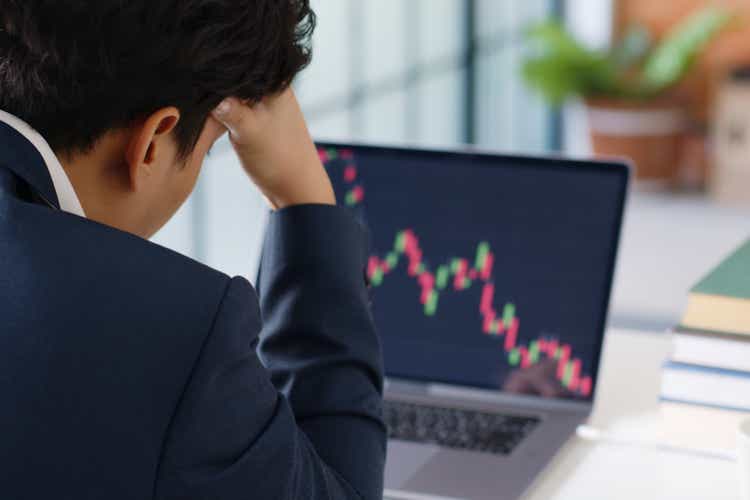
Stock Market Crash Definition
One can expect the stock market to go up and down. However, when it goes down significantly in a short period, the market may be crashing. A crash generally means there are double-digit declines in one or more of the indices. The fall is rapid and usually ignited by a single cataclysmic event that sets off a series of smaller events.
A crash generally starts with a significant selloff of stocks. This selloff could be the result of unexpected economic turmoil and fear-based selling. As a higher amount of stock is sold, the market becomes flooded with asset supply, putting significant downward pressure on prices.
Tip: Investors can find a lot of good opportunities for excellent companies with stocks trading at discounts when there is a crash.
What Happens When the Market Crashes?
Stock market crashes cause equity positions to drop in value. This drop directly affects investors who may have significant stock positions or retirement funds in the market. Values go down, affecting how much available capital people have to spend, causing turmoil in the economy as consumer sentiment plummets. Additionally, as prices decline, companies have a more challenging time raising capital to fund operations and growth. This can lead to problems in business management and layoffs.
What Causes a Market Crash?
There are a lot of factors that can lead to a stock market crash. Investors often talk about a bubble bursting after a significant event triggers a selloff. The economic factors behind this could be:
-
An extended period of stock price appreciation with excessive economic optimism, causing risky behavior that eventually fails.
-
P/E ratios exceed long-term averages
-
A highly leveraged market
How Long Does a Market Crash Last?
Stock market crashes can be short-lived or extend for long periods with the economy experiencing a recession or depression. A crash will typically last for 11 to 23 months. However, it can take up to five years for the market to recover and get back to normal trading conditions.
Tip: It’s difficult to define the market’s bottom during a crash. Investors may decide to buy and hold quality companies that they feel good about in the long-term or to invest a portion of their investment capital at regular intervals over time.
What Are the Biggest Market Crashes In History?
Investors can look to history to learn more about stock market crashes. The notable events in history are:
-
1929 Black Tuesday: On October 29, 1929, investors traded nearly 16 million shares on the New York Stock Exchange with the market dropping nearly 12% and ultimately losing nearly 90% of its value
-
1987 Black Monday: On October 19, 1987, saw the Dow Jones Industrial Average dropped 22.6% or 508 points
-
2001 Dotcom Bubble Burst: Billions of dollars were lost as the NASDAQ erased years of gains, dropping 77%
-
2008 Financial Crisis: On September 29, 2008, the Dow Jones Industrial Average fell 777.68 points and continued to decline for 18 months losing nearly 50% of its value
-
2020 COVID-19 Pandemic: This short-term crash started February 20, 2020, with the S&P 500 tumbling 12% and the Dow Jones Industrial Average dropping 11%.
Safeguards to Protect Against a Crash
To prevent fear-based selling from causing more harm in the market, the New York Stock Exchange (NYSE) has market decline triggers that can halt trading if prices drop too much in one trading session. The three triggers are:
-
Level 1: Trading is halted for 15 minutes if the market drops 7% in one trading session before 3:25 p.m. EST
-
Level 2: Trading is halted for 15 minutes if the market drops 13% in one trading session before 3:25 p.m. EST
-
Level 3: Trading is halted for the remainder of the trading session if the market drops 20% at any time during the session
Should You Buy or Sell During a Crash?
During a stock market crash, there is often a lot of panic selling going on where investors fear the worst and liquidate their positions to cash. Some financial experts recommend sticking to your long-term strategy during a crash. Timing the market bottom can be difficult and something even the experts don’t always get right, but you can find a lot of good opportunities in stocks that have taken a hit during the crash and that may be good long-term investments.
Bottom Line
Investors can’t expect the stock market to go up infinitely. There will always be corrections and crashes that reconcile the market to economic conditions. Investors should pay attention to sudden and impactful drops in the market that happen in a day and carefully monitor investments to make sure fundamentals haven’t changed in their portfolios.
FAQs
Stock market crashes can be scary for investors. We’ve compiled some of the most common questions investors have regarding crashes.
Does a market crash mean we’re in a recession?
A stock market crash can result in a recession. If the market triggers bigger economic problems, a recession may occur. A recession is usually defined as a drop in the GDP over two quarters.
What’s the difference between a market correction and a market crash?
Corrections are smaller and shorter than crashes. A correction typically happens over a few days, weeks, or months with a 10% total decline in market value. Stock market crashes typically have a 10% drop in value in a day and see continued declines for months, even years.
Do I lose money when the stock market crashes?
If the market crashes, your portfolio value will go down. You will lose money if you liquidate your positions. Investors who have purchased stocks on margin may also face margin calls and be forced to liquidate at significant losses.
Published at Fri, 28 Jan 2022 16:30:41 -0800
